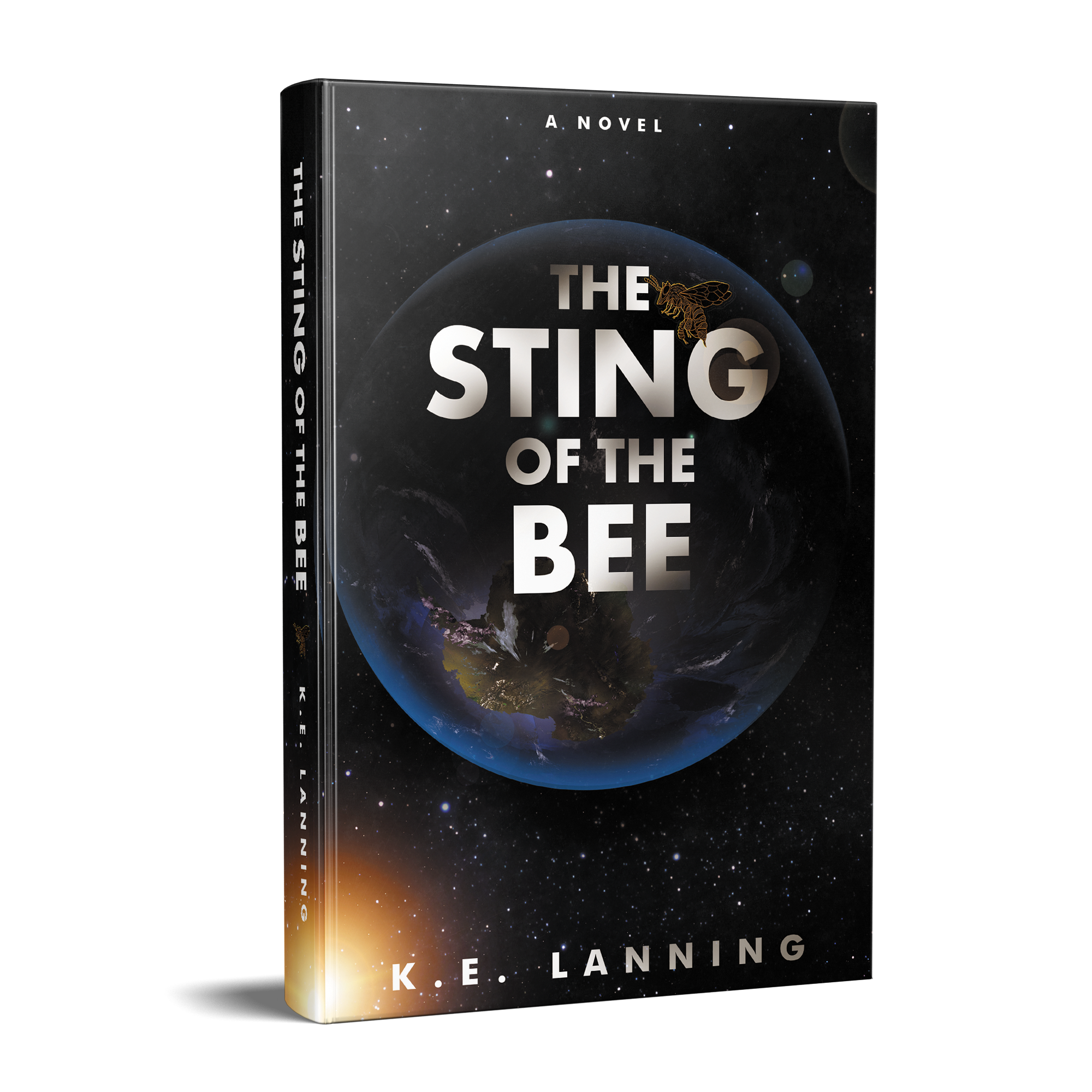ASSEMBLY REQUIRED
I attended a writers’ conference the other day. As usual, it was filled with talks on marketing, publishing, and how-to improve your writing skills. And, as usual, it was during lunch that the most interesting conversations occurred. The small group I sat down to eat with was, as one writer characterized, “the onesies table.” She quickly explained that this table wound up being the table of authors who had come to the conference alone. Which isn’t surprising knowing that most writing is a solitary task. But is it?
The draft of a novel does tend to be a solitary act. But once that phase is completed, a team must built to bring the story to the publishing level. Traditional publishers have teams in situ to bring the steed into the grooming rack and curry away the mud and extraneous hair until a shining coat emerges. A slough of editors; developmental, copy-editors, and proofreaders, perfect the interior, while cover designers work their magic to create a cover to draw in the fickle reader. Then marketers, agents and publicists fluff up the author like a cardboard superstar on the internet. Photo shoots, public appearances, blogs, interviews, etc., etc., etc.
Courtesy of Hannsman Bookgroup
And the indie author must compete with all of that. Let me emphasize one word in the last sentence: MUST. If you, the next great author, want to be taken seriously, you must understand that writing the novel is a small part of the publishing puzzle. Believe me, I’ve had to run the indie gauntlet, and the scars are still there.
So you must think like a publisher and gather a team. Like a polygamous marriage, assembling your team is fraught with mind fields (pun intended). A published novel is only as good as your team and the weak link will sink you, so you must search out the best editors and cover designers you can find. And I mean search, ask, inquire of all of your author friends (did I forget to mention that you need author friends?). I have a development editor and a different copy editor. I emphasize, especially to the first editor to touch my baby, that I have a thick skin and I WANT them to literarily beat me about the head and shoulders. I haven’t hired them to be my friend, I’ve hired them to tell me what’s wrong with my manuscript and how to fix it. If you have a thin skin, then perhaps you should write for your friends and neighbors and skip the publishing step.
Finding a good and reliable cover designer took me almost two years. Most designers need six months before you can get on their list. The cover is extremely important. It is the first thing that readers see. The imagery and font must grab the reader as they peruse millions of books—and, at first, they only see a thumbnail of your cover. It is a true art to put together effective covers, even down to the minutia that certain genres do best with certain colors on the cover.
Once you have the book components put together, you must find a publisher. I researched and went with IngramSpark for my paperback. They have worldwide reach and a professional product. Initially for my ebook, I went ‘wide’ with Pronoun, who had been acquired by MacMillan and I thought pretty stable. They were very easy to work with and pushed the ebook out to Amazon, Barnes & Noble, Apple iBook, Google Play and Kobo. They went out of business within a year of publishing through them. So, I went ‘narrow’ and published through Amazon’s Kindle, because of their marketing tools.
Prior to your launch date, you must have bloggers, reviewers, etc. etc., talk about your book. I put my first book onto NetGalley, but for me, it seemed to be a negative—one reviewer out of about ten reviewers was, in my opinion, professional. The others seemed to have a strong degree of ‘read rage’ as it were—some of my best trolls came from NetGalley. Amazon reviews tend to be tamer, but oh so necessary. To get onto marketing sites such as BookBub, you must have a minimum number of Amazon reviews.
Marketing for your novel is a requirement through various sites and social media. Creating book trailers, Twitter, Instagram and Facebook posts will become integral in your publishing life. Gathering authors within your genre to form a marketing group can truly expand your reach.
Assembly required. And can you please pass that bottle of wine?



